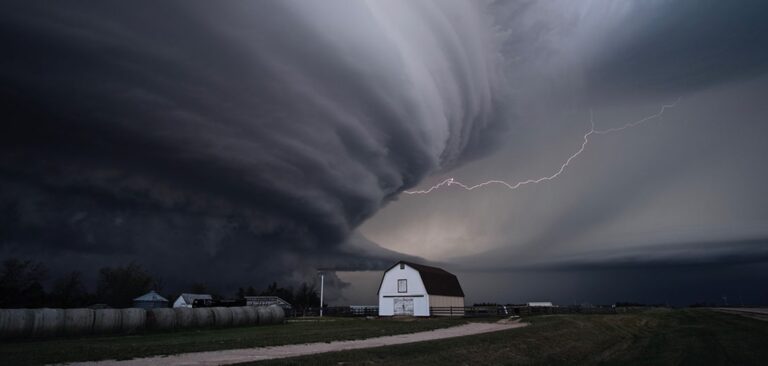NOAAs flagship weather model the Global Forecast System (GFS) is undergoing a significant upgrade with the integration of a new dynamical core called the Finite-Volume Cubed-Sphere (FV3). This upgrade will drive global numerical weather prediction into the future with improved forecasts of severe weather, winter storms, and tropical cyclone intensity and track. NOAA originally developed the FV3 as a tool to predict long-range weather patterns at timeframes ranging from multiple decades to interannual, seasonal, and sub seasonal.
In recent years, the creators of the FV3 at NOAAs Geophysical Fluid Dynamics Laboratory expanded it to become the engine for the next-gen GFS. The FV3-based GFS brings together the superior dynamics of global climate modeling with day-to-day reliability and speed of operational numerical weather prediction. We are excited about the advancements enabled by the new GFS dynamical core and its prospects for the future, said Louis W Uccellini, director, NOAAs National Weather Service. Switching out the dynamical core will have significant impact on our ability to make more accurate 1-2-day forecasts and increase the level of accuracy for our 3-7-day forecasts. The GFS upgrade underwent rigorous testing led by NOAAs National Centers for Environmental Prediction (NCEP), Environmental Modeling Center, and NCEP Central Operations that collectively included more than 100 scientists, modelers, programmers and technicians from around the country. With real-time evaluations for a year alongside the previous version of the GFS, NOAA carefully documented the strengths of each. When tested against historic weather dating back an additional three years, the upgraded FV3-based GFS performed better across a wide range of weather phenomena. Uccellini explained that NOAAs work with the National Center for Atmospheric Research (NCAR) to build a common infrastructure between the operational and research communities will help advance the FV3-based GFS beyond changing the core: This new dynamical core and our work with NCAR will accelerate the transition of research advances into operations to produce even more accurate forecasts in the future.



